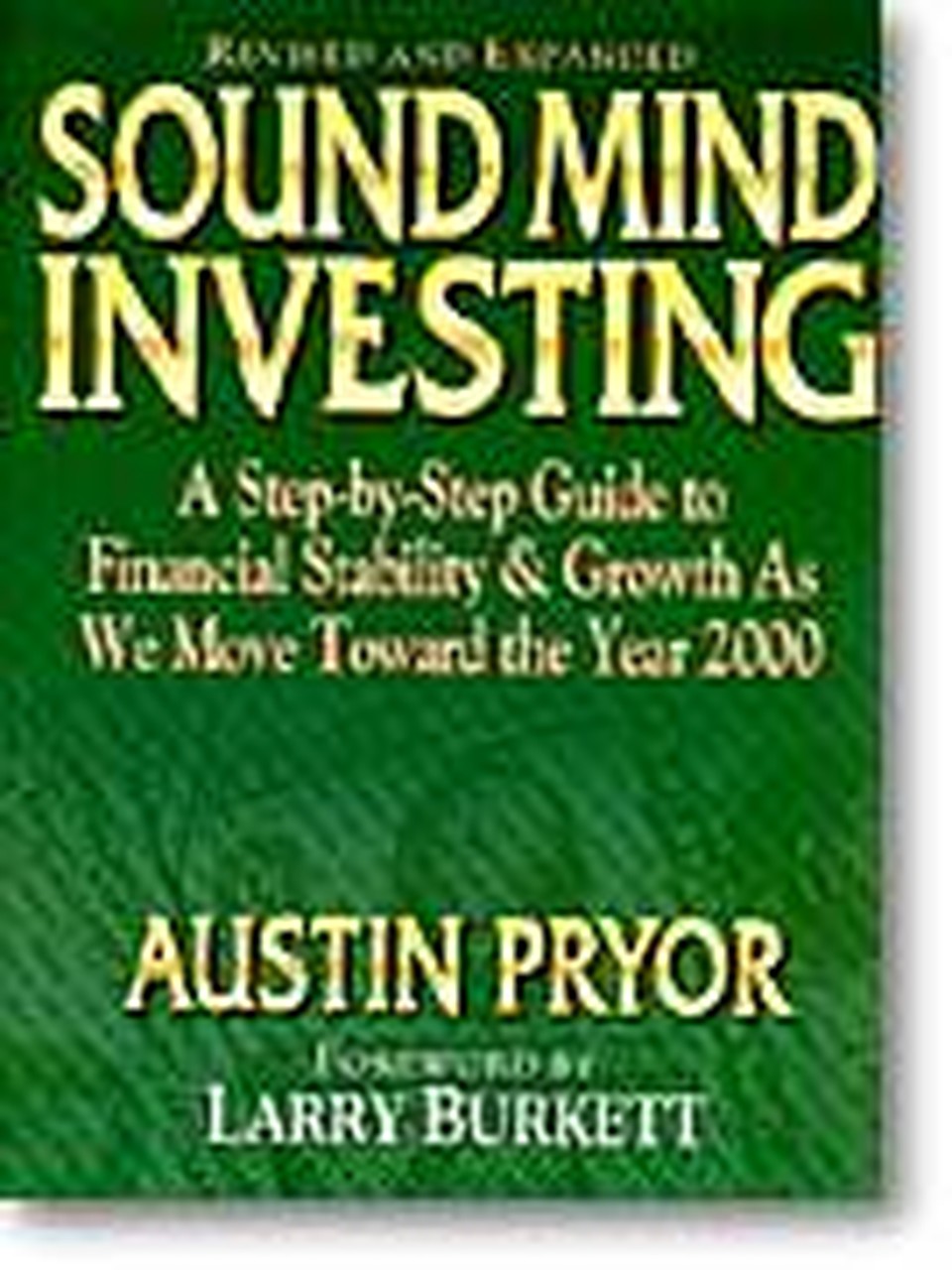Make Annuities part of your Retirement Planning

Annuities can be part of your "package." They are purchased through an insurance company, and are bought with a single payment or with periodic payments. Your income usually begins when you retire.
There are two kinds of annuities:
A fixed annuity is like a long-term, tax-sheltered CD (Certificate of Deposit).
- Advantages: it pays a fixed rate of return agreed upon up front and offers the tax-deferred compounding of your investment income. Most are deferred annuities, in which you pay now but don't start receiving income until you retire.
- Disadvantages: you are "loaning" your money to an insurance company, and you could lose part, or all, of your investment if the company fails. There are significant surrender charges if you cash your annuity in early.
- Your investment is as strong as the company, so make sure your insurer is in good financial health. Limit yourself to insurers with only the highest financial ratings from two or more rating services.
A variable annuity (VA) is like a long-term, tax-sheltered mutual fund.
- Advantages: You control the investments. If you choose the right investment mix and a good performing product, VAs can be far more profitable than fixed annuities. You are insured against losses, and the taxes are deferred.
- Disadvantages: You don't know what your annuity will eventually be worth; risk/reward is a two-edged sword. The layers of fees make them far more costly than simply buying mutual funds. There may be tax complications down the road, especially if you die and leave a sizable amount of money still in your VA account. There are surrender charges if you cash out early.
- There are a few no-load VAs that have low annual fees and no surrender charges. You do not have to go through an insurance agent or stockbroker. You can do it yourself and avoid the front-end commissions.
From Sound Mind Investing by Austin Pryor, copyright (c) 1996. Used by permission of Moody Press, Chicago, Ill., 1-800-678-6928.
Austin Pryor is publisher of Sound Mind Investing, a monthly Bible-based investment newsletter that is one of the top 25 in the country in circulation. He writes a periodic column for Moody magazine and is a regular guest of Larry Burkett's "Money Matters" program and the Moody "Midday Connection" program.
Originally published December 27, 2002.







